Myths about families struggling with substance abuse.
I’ve met with countless terrified parents who are struggling with their own anxiety as they watch their adolescent or adult children make choices that could kill them. Many sleepless nights, missed work, fighting, and crying all accompany a parent’s failed attempts to fix their loved one.
Most of the families I work with have sought help from friends, asking for advice on what to do, and have tried “everything” before finally calling me for professional help. While having a stable support system is critical when a family is in crisis, often times the advice from others can be unintentionally harmful. Myths about how to help a loved one who is addicted can exacerbate everyone’s stress and anxiety.
Myth 1: You are NOT codependent.
Loving your family and trying to help makes you human, not codependent. Labeling yourself as a codependent only adds to the guilt and shame many people carry as they attempt to navigate the “right thing to do.” You didn’t cause this, and you can’t fix this, but you can learn new interactional patterns that help your loved one become responsible for their substance abuse and move toward recovery.
Myth 2: You have to use tough love and cut them off.
Tough love is not a replacement for healthy boundaries. Research in family therapy shows us that cutting a family member out completely does not relieve the pain of the strained relationship. Finding a middle ground between enabling and cutoff can be difficult to navigate but finding that balance is key in the healing process. Learning how to communicate effectively while setting healthy boundaries will help alleviate your pain and can encourage your loved one to seek the help they need.
Myth 3: If they loved me, they wouldn’t do this.
Addiction does not work that way; as Tina Turner said, “what’s love got to do with it?” Billions of addicted brain cells are negatively influencing your loved one’s decisions, and you stand little chance of being able to control the complex brain functioning of addiction. Finding out how your family’s love can encourage one another rather than hurt one another will help you find solutions that work for everyone.
If your family has been impacted by substance abuse, and you find yourself at the end of your rope, seek professional help from a therapist who is licensed in both addiction treatment and family therapy. There are solutions out there, and getting the right care for you and your loved one can make all the difference. When it feels as though you’ve tried everything and nothing helps, there is still reason to have hope.
Written by Susan Dow, MS, LADC, MFT-Intern

